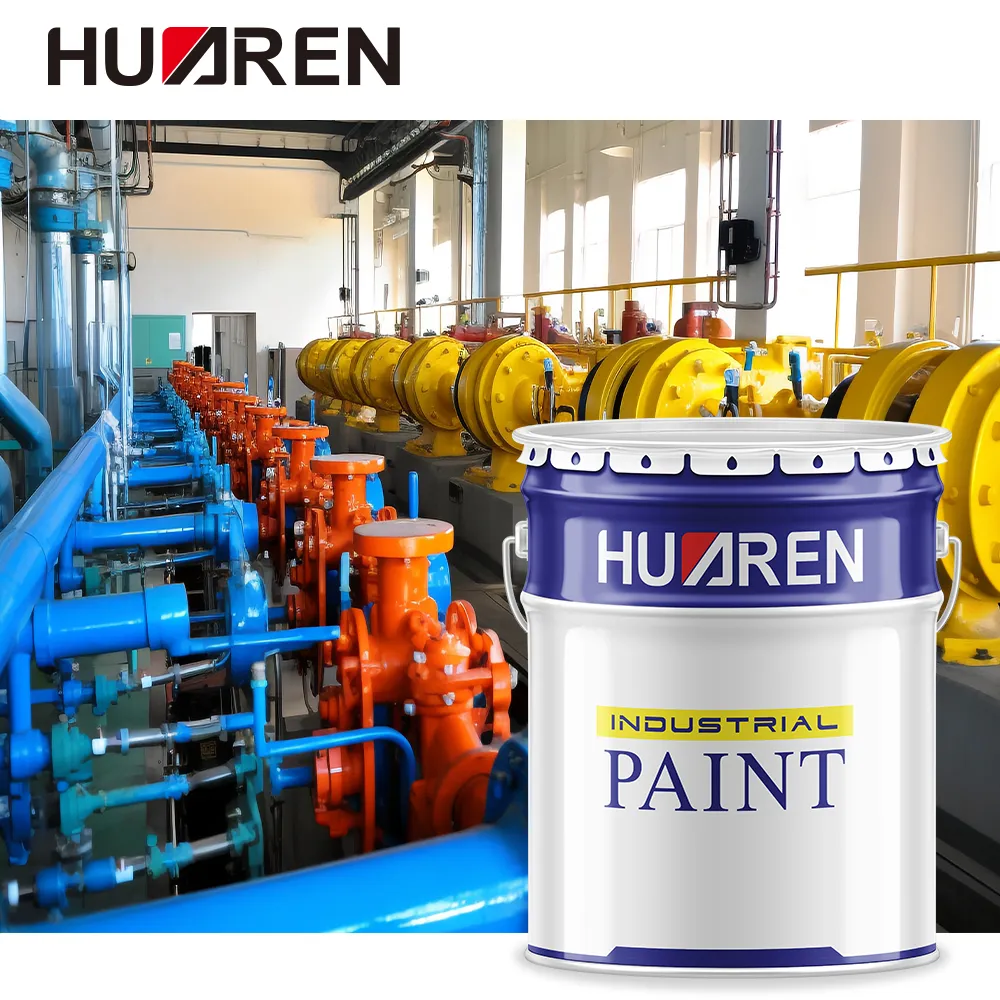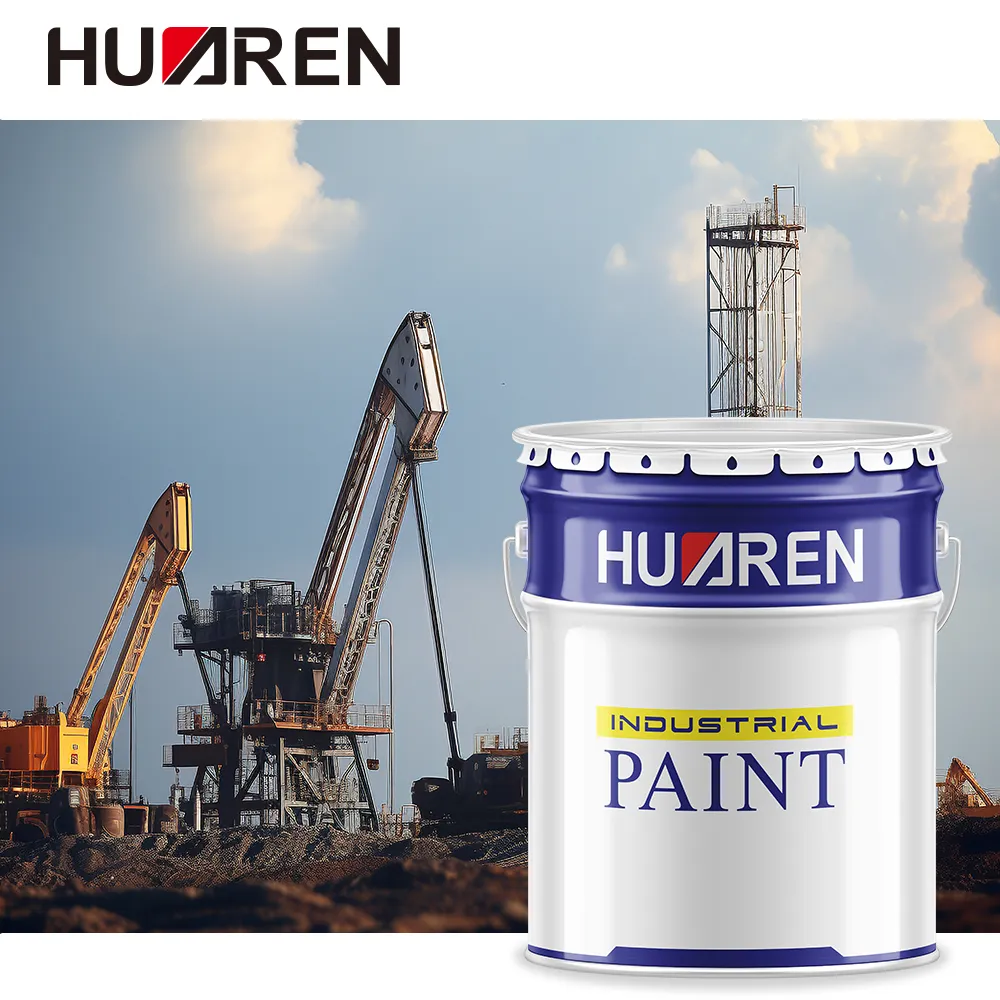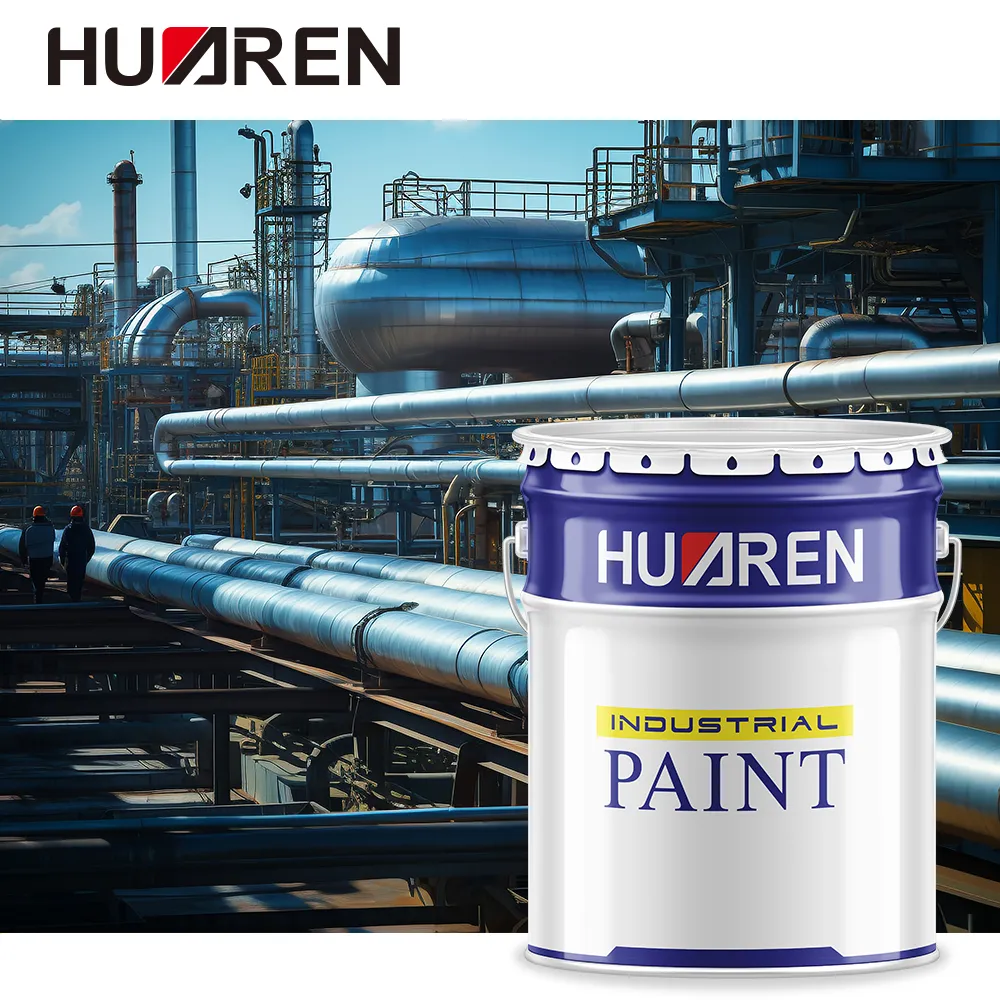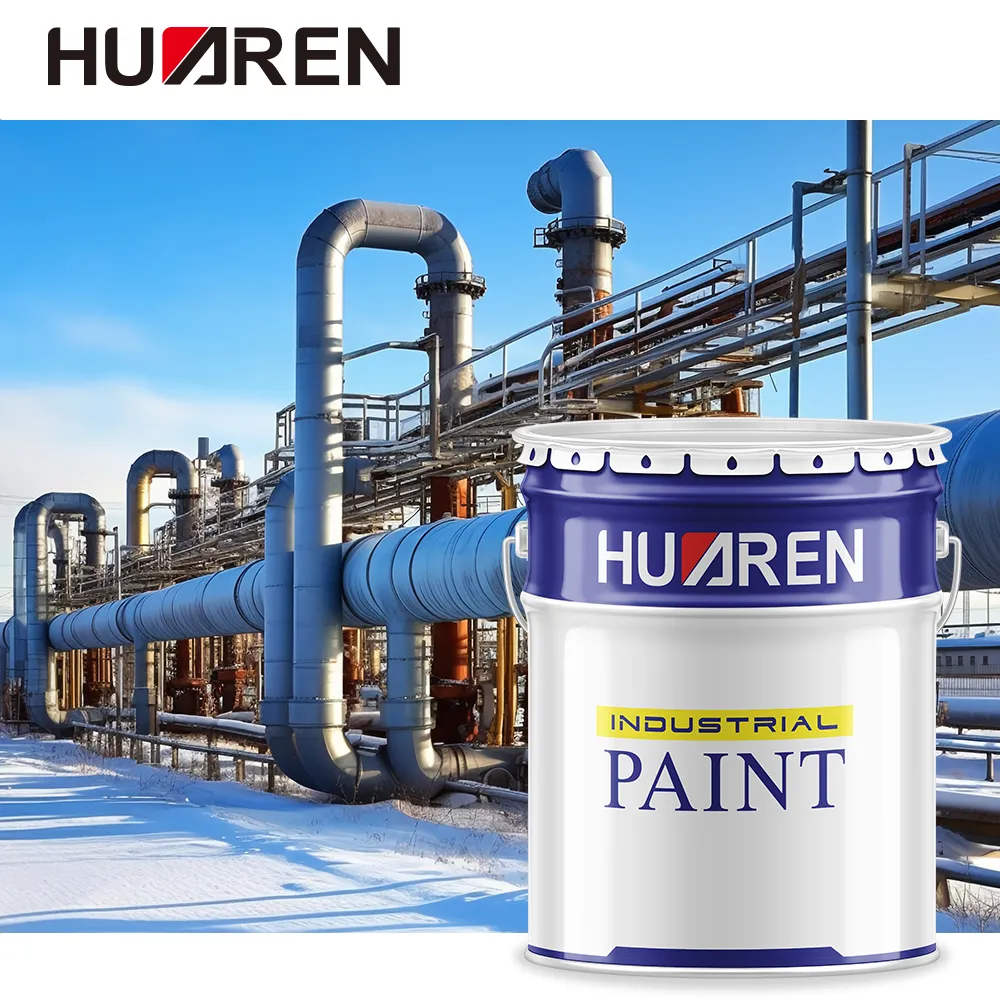In modern industrial and construction applications, metal protection is particularly critical because metal surfaces are exposed to air, moisture, and various chemicals, and are prone to oxidation corrosion. Therefore, primer application has become an important step in metal surface treatment. Oxidation primer and zinc primer are two common anti-corrosion primers on the market. Their main function is to provide a protective layer against corrosion for metals, but they differ in composition, working principle, and applicable scenarios.
Choosing which one is more suitable for a particular application depends on a variety of factors. This article will explore the differences between oxidation primer and zinc primer in detail and analyze which primer is more suitable for certain special occasions.

What is oxidation primer?
Oxidation primer, commonly known as red oxide primer, is a traditional metal protective coating, especially used for the protection of buildings, mechanical equipment, and steel structures. The main component of oxidation primer is iron oxide, a compound with excellent anti-corrosion properties, and its anti-rust properties come from the sealing layer it forms on the metal surface, preventing the penetration of moisture and oxygen.
What are the advantages of oxidation primer?
Affordable
Oxidation primers are relatively affordable in the market and are a cost-effective option for the initial protection of large-area metal structures. Their simple chemical composition and convenient construction process make them a preferred choice for many low-cost projects.
Simple construction
Oxidation primers are easy to apply and can be applied in all weather conditions. They have relatively low requirements for metal surfaces and do not require extremely complex surface preparation for application.
Good adhesion
Oxidation primers have excellent adhesion and can adhere firmly to metal surfaces. After the coating dries, it can provide a good foundation for subsequent topcoats and enhance the durability of the overall coating.
UV resistance
The chemical properties of iron oxides allow them to remain relatively stable when exposed to ultraviolet rays, so oxidation primers are not easily aged by sunlight when used outdoors.
What are the disadvantages of oxidation primers?
Limited protection
Although oxidation primers can provide a certain degree of corrosion protection, they do not have the ability to self-repair. Their protective performance is limited to blocking the entry of foreign substances. Once the coating is damaged, the metal parts will still be exposed to the air, causing corrosion.
Not suitable for extreme environments
In highly corrosive environments, such as marine climates or chemical processing plants, oxidation primers have limited protection. Oxidation primers may not provide adequate protection when exposed to these harsh environments for a long time.

What is zinc primer?
Zinc primer is an anti-corrosion coating with zinc powder as the main component, commonly known as zinc-rich primer. Zinc primers prevent corrosion of metal substrates through the principle of "cathodic protection". This means that zinc, as an active metal, is more susceptible to oxidation than steel, and is consumed first, protecting the underlying metal from corrosion.
What are the advantages of zinc primers?
Excellent corrosion protection
Zinc primers provide extremely strong corrosion protection, especially in salt spray, humid and acidic environments. The protective effect of zinc primers comes from its cathodic protection mechanism. Even in the case of small cracks or local damage in the coating, zinc will be preferentially oxidized, protecting the steel substrate from corrosion.
Self-repairing ability
When the surface of zinc primer is damaged, the zinc powder will automatically "sacrifice" to form a protective layer of zinc salts, which continues to block corrosive substances from entering the metal substrate. In contrast, oxidation primers cannot self-repair when the coating is damaged.
Long-term protection
The protective effect of zinc primers remains very effective for a long time, especially in harsh environments (such as oceans, industrially heavily polluted areas, etc.), and the life of zinc primers is much longer than that of oxidation primers.
Excellent adhesion
After appropriate surface treatment, zinc primers can adhere well to metal surfaces such as steel and provide a good foundation for subsequent coatings.
What are the disadvantages of zinc primers?
Higher price
Compared with oxidation primers, zinc primers are more expensive, mainly due to their high zinc powder content and high production costs. This makes zinc primers more costly when used over large areas.
Requires strict surface treatment
The coating requirements of zinc primers are relatively strict, and the metal surface needs to be thoroughly cleaned and treated, such as sandblasting or grinding, to ensure that the zinc primer can effectively adhere. This extra construction step adds time and cost.

What is the difference between an oxidation primer and a zinc primer?
When analyzing whether an oxidation primer or a zinc primer is better, many aspects need to be considered, including application scenarios, budget, and construction conditions. Below is a comparison of the two in different aspects.
Corrosion resistance
Zinc primers have far superior corrosion resistance to oxidation primers, especially in harsh environments (such as marine or chemical environments). Zinc primers provide long-term protection through cathodic protection, while oxidation primers only act as a barrier. Once the coating of oxidation primer is damaged, the metal is exposed to the air and begins to corrode.
Construction requirements
Oxidation primers are relatively simple to apply and are suitable for various weather conditions and metal surfaces. They can be used effectively even if the surface is not completely cleaned. Zinc primers, on the other hand, require strict surface preparation to ensure their adhesion, which makes the application time and difficulty of zinc primers longer.
Price
Oxidation primers are inexpensive and are ideal for projects with limited budgets. Although zinc primers have better corrosion resistance, they are more expensive, especially for projects that are exposed to harsh environments for a long time.
Applicable scenarios
If it is in ordinary building structures, mechanical equipment or mild environments, oxidation primer is sufficient to provide basic corrosion protection, and it is easy to apply and has low cost. In marine environments, industrial chemical plants or other highly corrosive places, zinc primer is a more ideal choice because it can provide stronger corrosion resistance and long-term protection for metals.
Service life
Zinc primers can generally provide longer protection for metals, while oxidation primers have a shorter service life, especially in harsh environments, and may require frequent maintenance and recoating.

Which primer is better?
Oxidation primers and zinc primers each have their own unique advantages, and the choice of which primer depends on the specific application requirements. For most building structures and mechanical equipment in ordinary environments, oxidation primers are sufficient, especially considering their low price and convenient application. For those metal structures exposed to highly corrosive environments, such as bridges, ships or equipment in chemical plants, zinc primers are obviously a better choice because they can provide more durable and powerful protection.
If the budget is sufficient and long-term protection is required, zinc primer is the best choice. Otherwise, for some projects with medium protection requirements, oxidation primer is also a good economic choice. Therefore, in actual use, according to the actual needs of the project and environmental conditions, reasonable selection of primer types can achieve the best balance between cost and performance.

